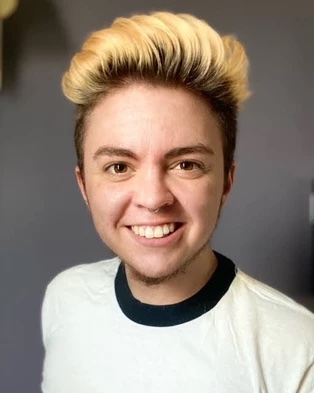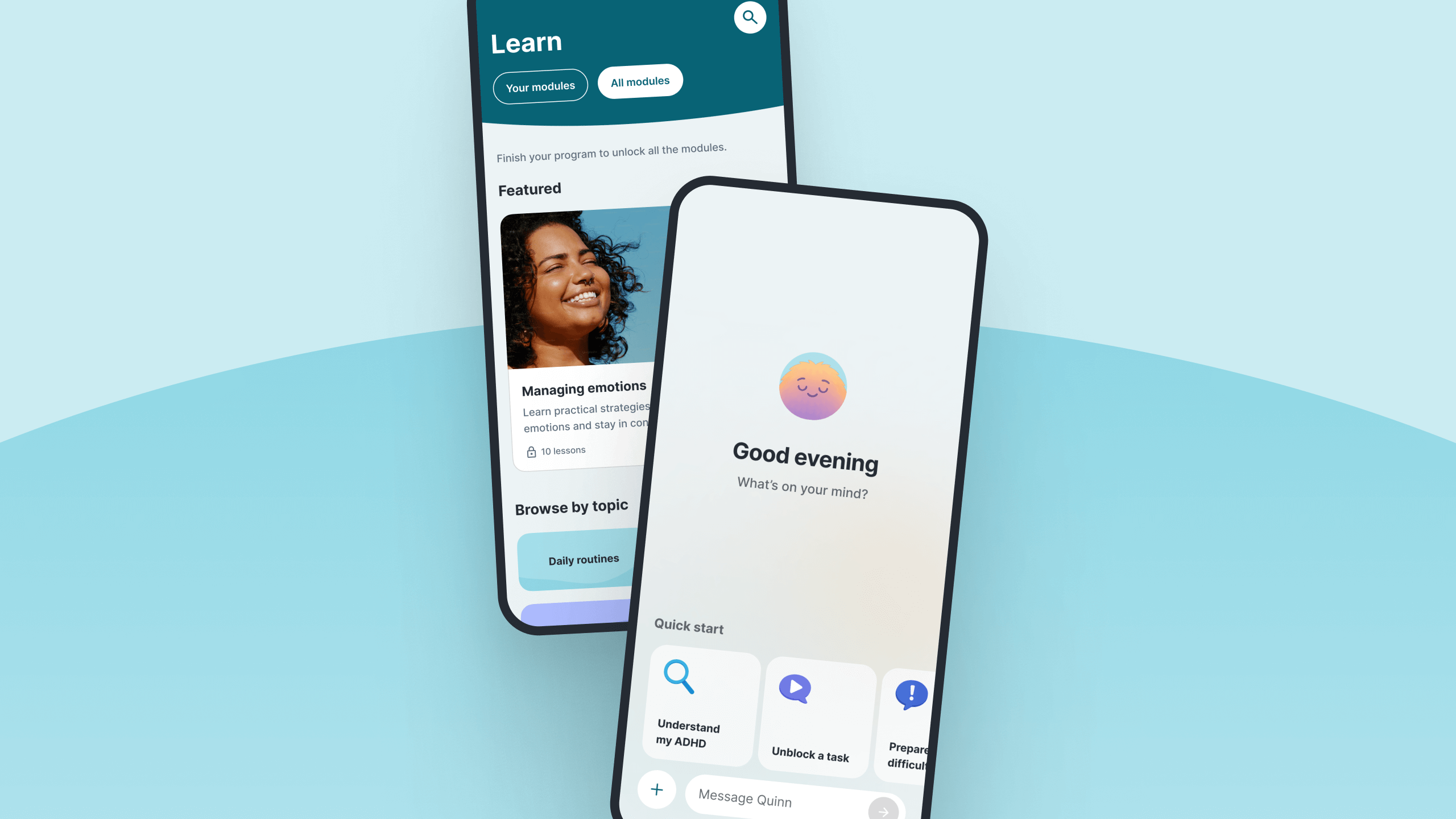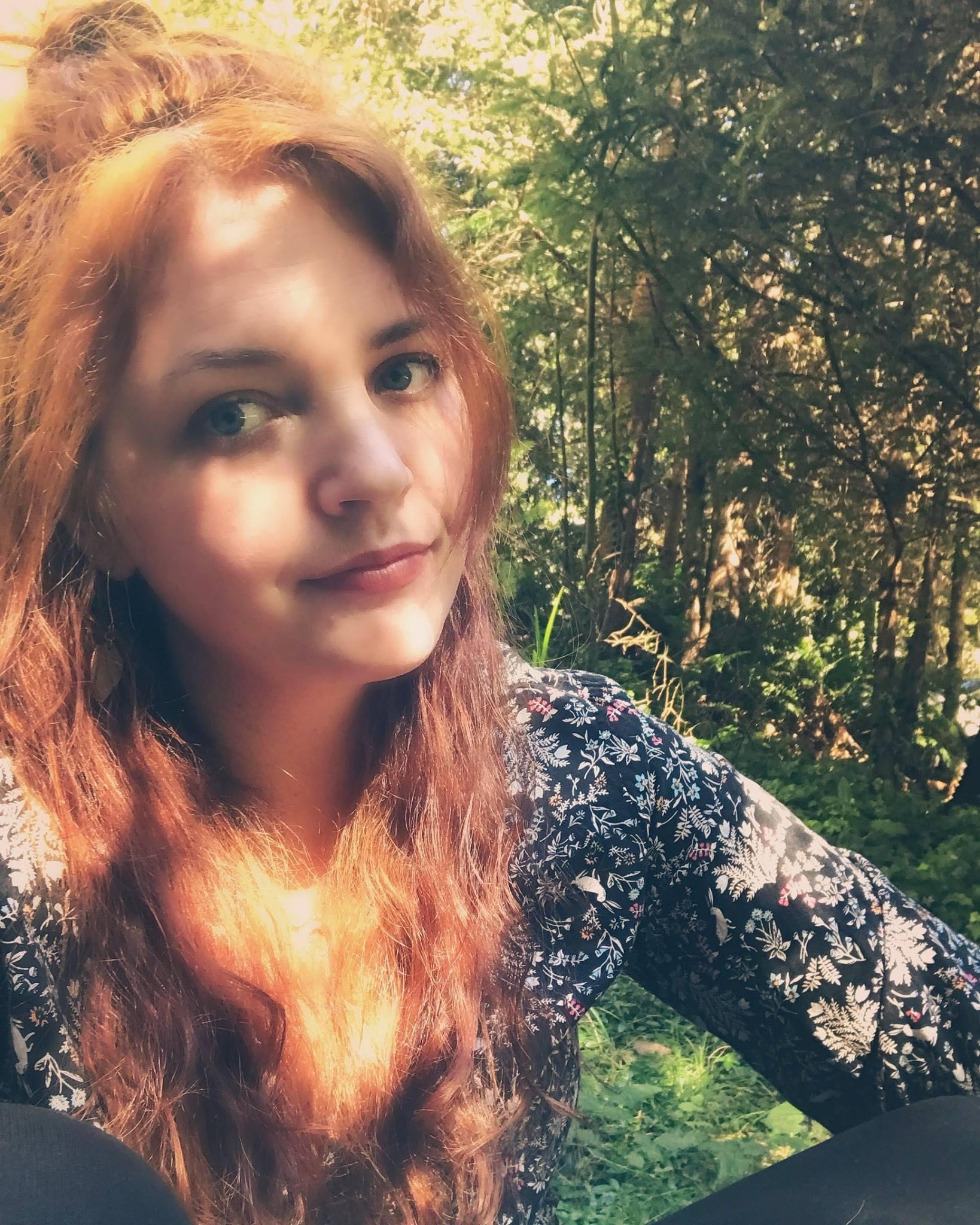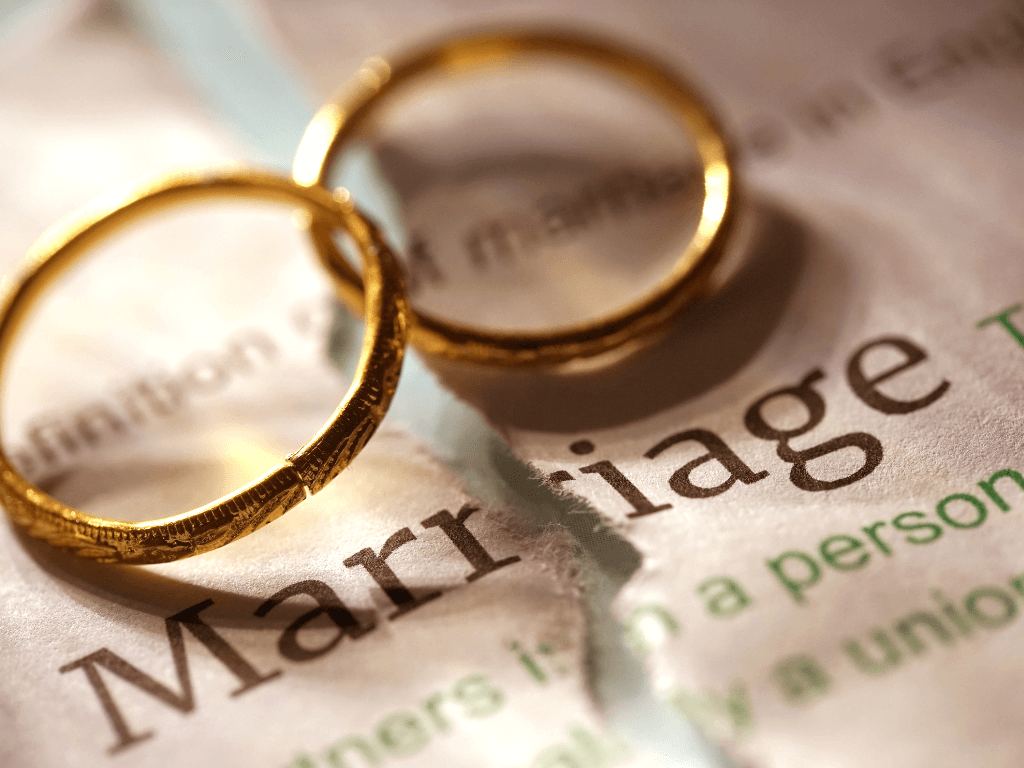I was in 9th grade when I had penetrative sex for the first time. I experimented with sexual acts before then, but it wasn’t until 14 that I “lost my virginity” in the very heteronormative way. I’d like to say that I don’t regret my hypersexual tendencies when I reflect on my past, but I’m not going to sit here and lie.
I regret it. A lot.
Here’s my story.
🔞 Warning: this article contains mature content. Reader discretion is advised.
What is hypersexuality?
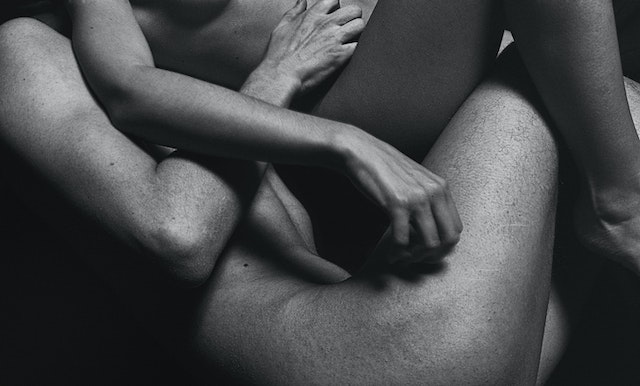
Hypersexuality is defined as an “excessive preoccupation with sexual fantasies; sexual urges or behaviors that are difficult to control; sexual compulsion that causes you distress or negatively affects your health, job, or relationships.”
I was the textbook definition of "hypersexual", but I didn’t even know about this term until recently.
Why my risky sexual behavior started at a young age
I was misunderstood and misdiagnosed
At the age of 14, I wasn’t knowledgeable in areas like consent, self respect, or sexual health. I didn’t even realize that what I was doing was risky until my parents discovered that I was sexually active (and ultimately grounded me which didn’t help either - just caused a lot of shame that needed to be unpacked).
Before I learned I have ADHD, I assumed my risky sexual behavior was a form of self-harm or a cry for attention — not a potential trait of a mental health condition. I truly hated myself at that point in my life and I didn’t know why. I told therapists, counselors and psychologists.
I was misdiagnosed and disregarded on more than one occasion. My hypersexual behavior continued into young adulthood as I attended college.
It hurt my relationships, my self-esteem, and my ability to excel in class. What’s even worse is that I wasn’t even having good sex. I found myself regretting every encounter, every one-night-stand, every orgasm-less, boring night I endured (straight cis men - do better please).
I ignored my queer identity
I also think about how confusing and disappointing sex was for me because of how dissonant it was with my internal understanding of my trans and queer identity. I knew I was a trans man, but the people I was hooking up with didn’t see me that way.
And I knew that before I hooked up with them, but I did it anyway.
What causes hypersexuality?
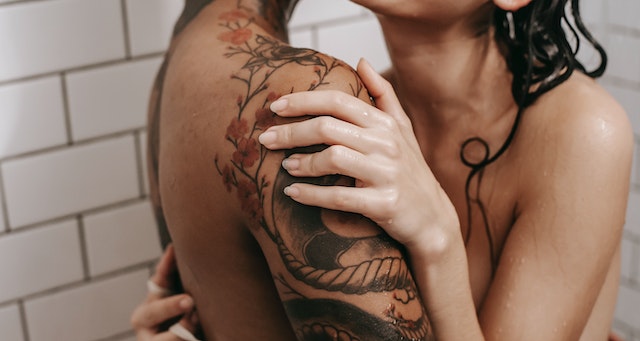
ADHD brains are susceptible to hypersexuality
Essentially, ADHD brains already crave stimulation, usually in the form of dopamine; sexual stimulation is known to release a rush of endorphins and mobilize the chemicals in the brain.
People who are already understimulated (you, me, and the rest of the ADHD community) are more likely to feel an even more intense release from sexual activity.
On top of that, people with ADHD often struggle with impulse control. We’re predisposed to engage in risky behaviors or fall victim to things such as substance use disorders. Impaired judgement and impulsivity in combination with hypersexuality can lead to risky sexual behaviors.
My hypersexual impulses left me feeling empty and yearning because I was using sex for all the wrong reasons. I wanted stimulation. I wanted to escape. I wanted validation. But I wasn’t going to get that from a random guy I matched with on Tinder who I'd never see again and would leave me quietly crying in my pillow.
Personal factors
Let’s fast forward through several years, many therapists, moving to a new state, living through a pandemic, and learning I have ADHD.
I look back at all of these experiences with a very different lens. I was carrying around so much shame and guilt about that chapter of my life. It was a time that made me question so much about my identity: my sense of self, who I shared my intimate self with, and why I did so with people that didn’t care about me.
I didn’t want my encounters in bed to be out of impulse or desperation for connection.
I wanted my sex life to be a shared intimate experience with the people I chose - people who were willing to receive me as I was and were willing to be their authentic selves with me in return.
The pandemic effect
Let’s be honest, a lot of us weren't getting any decent action during the pandemic. But because of that forced celibacy, I was able to take a better look at my impulses. I could only act on that impulse through masturbation. So it was clear I was using sexual stimulation for a variety of reasons:
- Sometimes it was out of boredom
- Sometimes it was after I had been drinking and needed a distraction from the heaviness of the world
- Other times it was because I couldn’t focus on work (and a quick O really resets the brain, am I right?)
I don’t think I would have taken the time to track those patterns if the option of meeting up with a random stranger wouldn't have been taken out of the range of possibilities.
The negative effects of high libido
Shame and guilt
The risky behavior was never worth the “reward”. It was time for me to take a long look at why I was putting myself through this and how I was going to stop. Part of this involved getting to the root of my self-hatred.
Facing the truth about my self-loathing meant I had to face a lot of truths about who I really was, along with internalized transphobia, misogyny, ableism, and a whole lot of childhood trauma.
In college, I was finally given room to be my whole self away from my parents, and I couldn’t deny that side of me anymore. When I came out as a transgender man, I realized that my risky sexual behavior was adding to my dysphoria and my deteriorating self-worth.
Hypersexuality made my ADHD worse
Now remember - at this point, I had no clue I had ADHD. I was under the impression that I had a combination of Bipolar II, depression, and anxiety. Looking back, the stress surrounding my identity was exacerbating my unmanaged ADHD symptoms and affecting my overall health:
- I wasn’t sleeping; I would stay up late, hyperfocusing on anything but my school work.
- I procrastinated on my responsibilities, barely making deadlines
- I wasn’t eating healthy - or regularly, for that matter
Hypersexuality was an addictive and vicious cycle of drunken, one-night-stands that - in the moment - took away the pain I was experiencing. But long-term, it left me with a pile of baggage I wouldn’t be able to process until years later.
How did I stop it?
It actually wasn’t a choice.
How I stopped: I was basically forced out of hypersexuality
I took a semester off as a sophomore because of my poor mental health. While home, I lied to my parents about where I was going and I snuck off to meet random people. My parents thought I was just being defiant to be defiant, but it was really a cry for help.
I didn’t want to continue putting myself in risky situations or hooking up with strangers, but I did it anyway.
Instead of getting the help I needed, I was grounded and forced to live without a phone or laptop... until one day, I reached a breaking point. I was sent off to an inpatient hospital in Boston, where I was misdiagnosed with generalized anxiety disorder and depression... again.
But at least I wasn’t having sex..?
By the way - I’m not sharing this to scare you or to gain sympathy. I’ve moved on from this part of my life. That’s why I’m able to write about it now.
I share this story because hypersexuality can have real-life impacts on people who struggle with their impulses. Sometimes it means we're putting ourselves in physical and emotional danger, and then dealing with those consequences for years.
Final thoughts: coping and acceptance
If there’s any piece of wisdom I could glean from this experience for other ADHDers, it’s to give yourself a chance to notice what your impulses are telling you. If you don't feel like your sexual life is working for you, it’s absolutely within your power to have the best sex life you could ever imagine.
If your sexual impulses are affecting your relationship(s), it might be time to have a very honest conversation with your partner(s) about your hypersexuality.
- Is having a lot of sex really what you need or want right now?
- How do you and your partner feel during sex?
- What about after sex?
It won't be an easy conversation, but it will be worth it to make that connection and talk it out.
Lastly, I want to remind you that you’re not alone. Many people experience hypersexuality. It’s not the sex that’s harmful; but the reason behind your doing it that can be harmful. You deserve to have an incredible sex life that makes you feel good.

